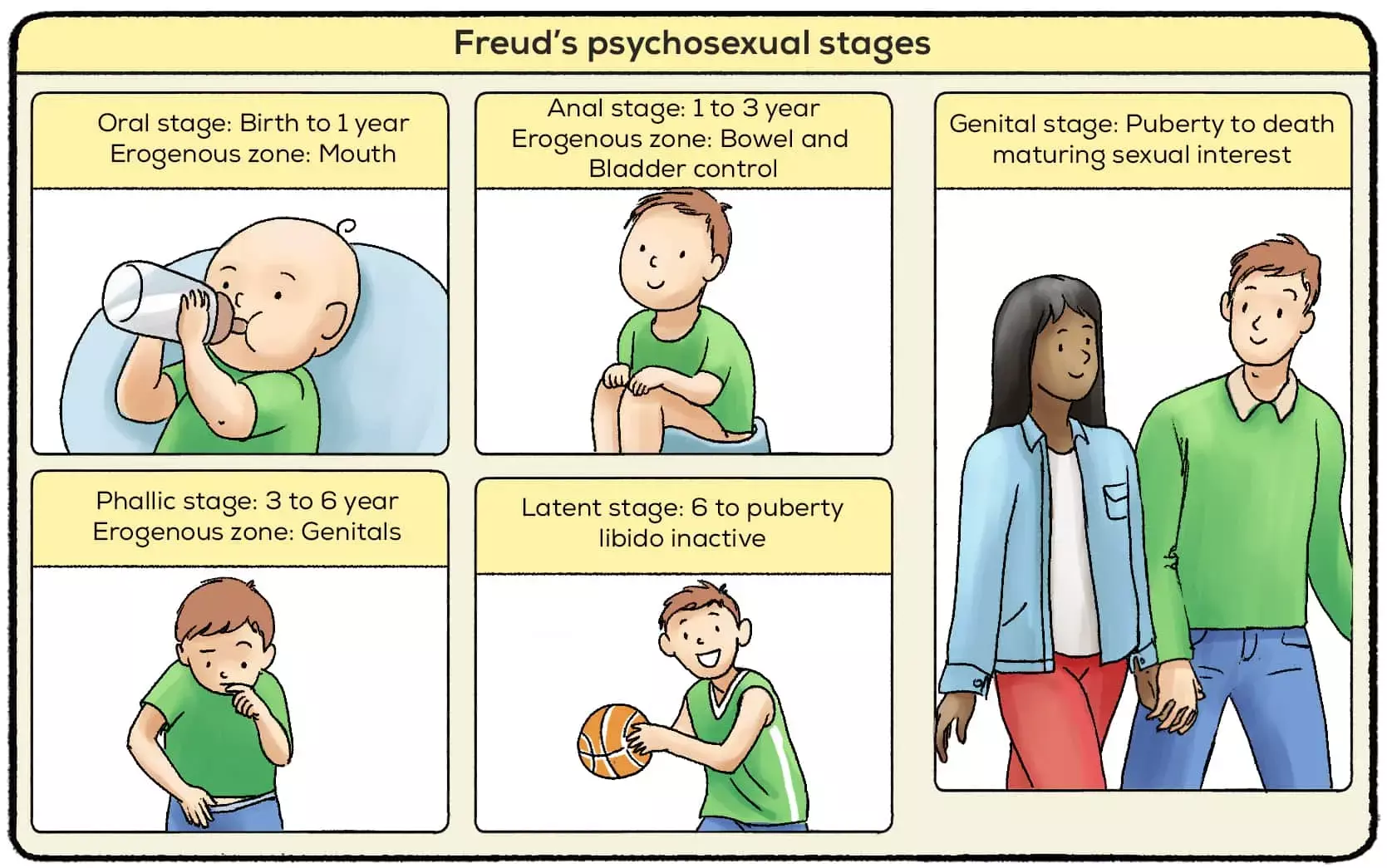- Home
- Medical news & Guidelines
- Anesthesiology
- Cardiology and CTVS
- Critical Care
- Dentistry
- Dermatology
- Diabetes and Endocrinology
- ENT
- Gastroenterology
- Medicine
- Nephrology
- Neurology
- Obstretics-Gynaecology
- Oncology
- Ophthalmology
- Orthopaedics
- Pediatrics-Neonatology
- Psychiatry
- Pulmonology
- Radiology
- Surgery
- Urology
- Laboratory Medicine
- Diet
- Nursing
- Paramedical
- Physiotherapy
- Health news
- Fact Check
- Bone Health Fact Check
- Brain Health Fact Check
- Cancer Related Fact Check
- Child Care Fact Check
- Dental and oral health fact check
- Diabetes and metabolic health fact check
- Diet and Nutrition Fact Check
- Eye and ENT Care Fact Check
- Fitness fact check
- Gut health fact check
- Heart health fact check
- Kidney health fact check
- Medical education fact check
- Men's health fact check
- Respiratory fact check
- Skin and hair care fact check
- Vaccine and Immunization fact check
- Women's health fact check
- AYUSH
- State News
- Andaman and Nicobar Islands
- Andhra Pradesh
- Arunachal Pradesh
- Assam
- Bihar
- Chandigarh
- Chattisgarh
- Dadra and Nagar Haveli
- Daman and Diu
- Delhi
- Goa
- Gujarat
- Haryana
- Himachal Pradesh
- Jammu & Kashmir
- Jharkhand
- Karnataka
- Kerala
- Ladakh
- Lakshadweep
- Madhya Pradesh
- Maharashtra
- Manipur
- Meghalaya
- Mizoram
- Nagaland
- Odisha
- Puducherry
- Punjab
- Rajasthan
- Sikkim
- Tamil Nadu
- Telangana
- Tripura
- Uttar Pradesh
- Uttrakhand
- West Bengal
- Medical Education
- Industry
Exercise Boosts Sexual Health and Fitness in Prostate Cancer Patients: JAMA

A study published in JAMA Network Open has found that exercising three days a week significantly improved sexual function, including erectile dysfunction, in men with prostate cancer compared to those receiving standard care. Additionally, regular exercise enhances fat mass reduction and muscle strength.
Sexual dysfunction is a common adverse effect of prostate cancer treatment, and current management strategies do not adequately address physical and psychological causes. Exercise is a potential therapy in the management of sexual dysfunction.
A study was done to investigate the effects of supervised, clinic-based, resistance and aerobic exercise with and without a brief psychosexual education and self-management intervention (PESM) on sexual function in men with prostate cancer compared with usual care. A 3-arm, parallel-group, single-centre randomised clinical trial was undertaken at university-affiliated exercise clinics between July 24, 2014, and August 22, 2019. Eligible participants were men with prostate cancer who had previously undergone or were currently undergoing treatment and were concerned about sexual dysfunction. Data analysis was undertaken from October 8 to December 23, 2024. Participants were randomised to (1) 6 months of supervised, group-based resistance and aerobic exercise (n = 39 [34.8%]), (2) the same exercise program plus PESM (n = 36 [32.1%]), or (3) usual care (n = 37 [33.0%]).
Exercise was to be undertaken 3 days per week. The primary outcome was sexual function assessed with the International Index of Erectile Function (IIEF). Secondary outcomes included body composition, physical function, and muscle strength. Analyses were undertaken using an intention-to-treat approach. Results- In total, 112 participants (mean [SD] age, 66.3 [7.1] years) were randomised. Mean adjusted difference in IIEF score at 6 months favored exercise compared with usual care (3.5; 95% CI, 0.3-6.6; P = .04). The mean adjusted difference for intercourse satisfaction was not significant (1.7; 95% CI, 0.1-3.2; P = .05). PESM did not result in additional improvements.
Compared with usual care, exercise also significantly improved fat mass (mean adjusted difference, −0.9 kg; 95% CI, −1.8 to −0.1 kg; P = .02), chair rise performance (mean adjusted difference, −1.8 seconds; 95% CI, −3.2 to −0.5 seconds; P = .002), and upper (mean adjusted difference, 9.4 kg; 95% CI, 6.9-11.9 kg; P < .001) and lower (mean adjusted difference, 17.9 kg; 95% CI, 7.6-28.2 kg; P < .001) body muscle strength. In this randomised clinical trial of supervised exercise, erectile function in patients with prostate cancer was improved. PESM resulted in no additional improvements. Patients with prostate cancer should be offered exercise following treatment as a potential rehabilitation measure.
Reference:
Galvão DA, Newton RU, Taaffe DR, et al. Exercise and Psychosexual Education to Improve Sexual Function in Men With Prostate Cancer: A Randomized Clinical Trial. JAMA Netw Open. 2025;8(3):e250413. doi:10.1001/jamanetworkopen.2025.0413
Dr. Shravani Dali has completed her BDS from Pravara institute of medical sciences, loni. Following which she extensively worked in the healthcare sector for 2+ years. She has been actively involved in writing blogs in field of health and wellness. Currently she is pursuing her Masters of public health-health administration from Tata institute of social sciences. She can be contacted at editorial@medicaldialogues.in.
Dr Kamal Kant Kohli-MBBS, DTCD- a chest specialist with more than 30 years of practice and a flair for writing clinical articles, Dr Kamal Kant Kohli joined Medical Dialogues as a Chief Editor of Medical News. Besides writing articles, as an editor, he proofreads and verifies all the medical content published on Medical Dialogues including those coming from journals, studies,medical conferences,guidelines etc. Email: drkohli@medicaldialogues.in. Contact no. 011-43720751


